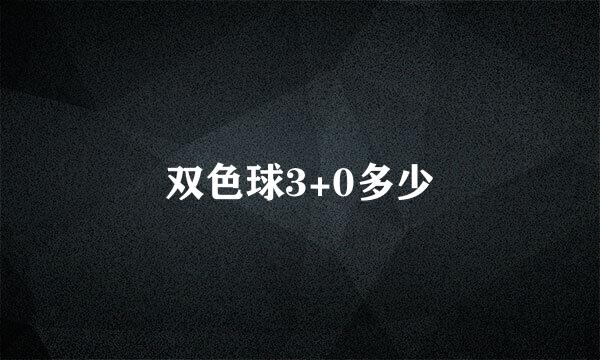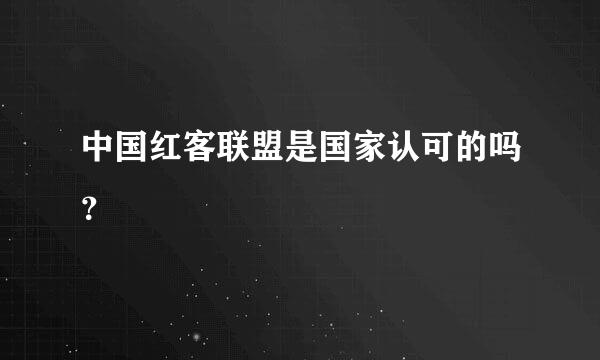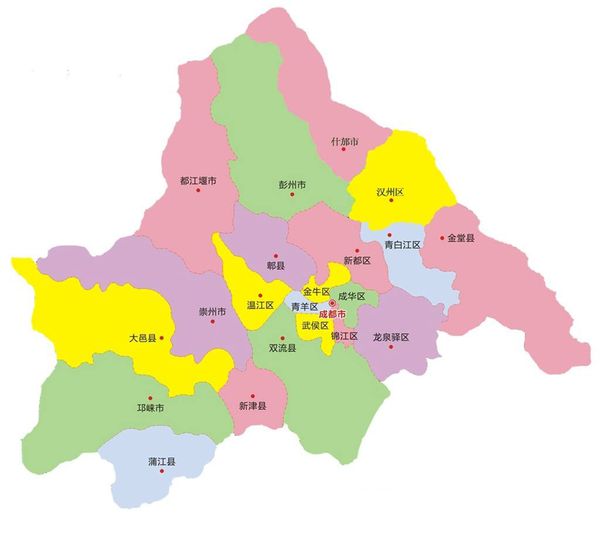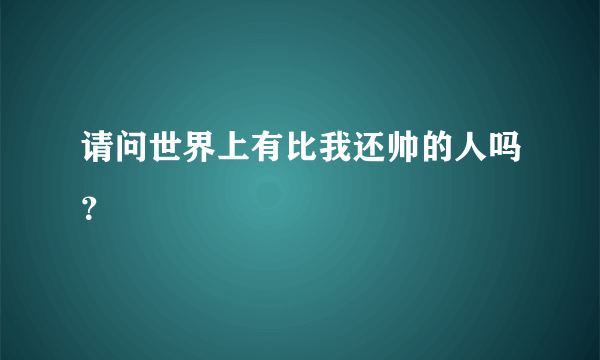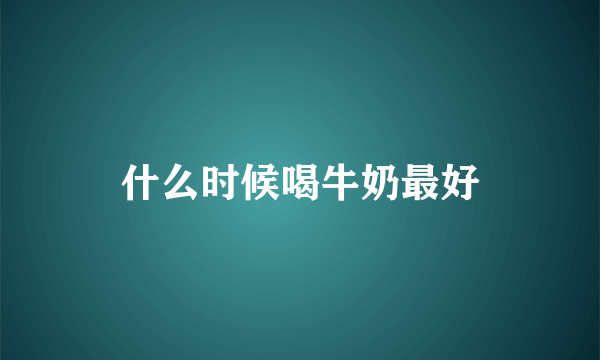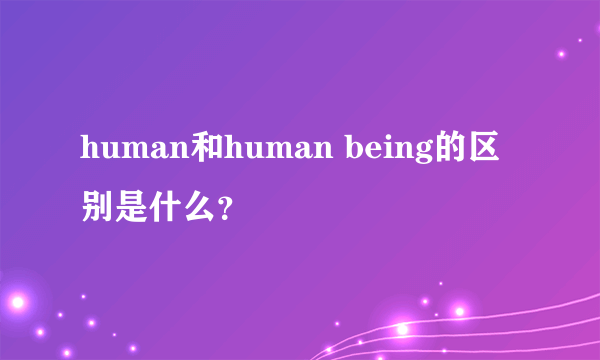
human 与 human being 意思相同,均表示“人”,但是用法上有区别:
human 通常以复数形式出现,较少使用单数形式的 a human。
与较少使用单数形式的 a human 相比,单数形式的 a human being 则相对较为普通。
human的使用:Humans have large brains. 人类脑子大。
The drug has not been tried out on humans yet. 这种药尚未经过人体试验。
Dogs can smell much better than humans. 狗的嗅觉比人强得多。
Intellect distinguishes humans from other animals. 人类与禽兽之别在于人具有思维能力。
Humans and dogs are mammals, but birds and fish are not. 人和狗都是哺乳动物,但鸟和鱼不是。
偶尔也用 a human,但并不多见。如:
Its rate of growth was fast — much more like that of an ape than that of a human. 它的发育速度很快——更像猿,而不像人。
human being的使用:I’m a human being. I can stand on my own feet. 我是人,我可以自立。
I could never forgive her as a human being. 作为一个人,我永远不能宽恕她。
当然复数形式的 human beings 更为普通。如:
Will it work on human beings? 这将对人有影响吗?
Human beings are creative animals. 人类是有创造力的动物。
Men, women, and children are human beings. 男人、女人、孩子都是人。
Ability to talk distinguishes human beings from the lower animals. 用语言交谈的能力使人类有别于低等动物。
It may be feasible to clone human beings, but is it ethical? 复制人类也许可以做到,但是这合乎道德吗?
顺便说一句:human 或 human being 指人时,通常有(或暗示)与神、动物、机器人等相对比的意味,如果没有这种对比,则较少使用,如一般不能说:How many humans [human beings] are there in your family? 你家里有几个人? (宜改用 people)
标签:human,being,区别

